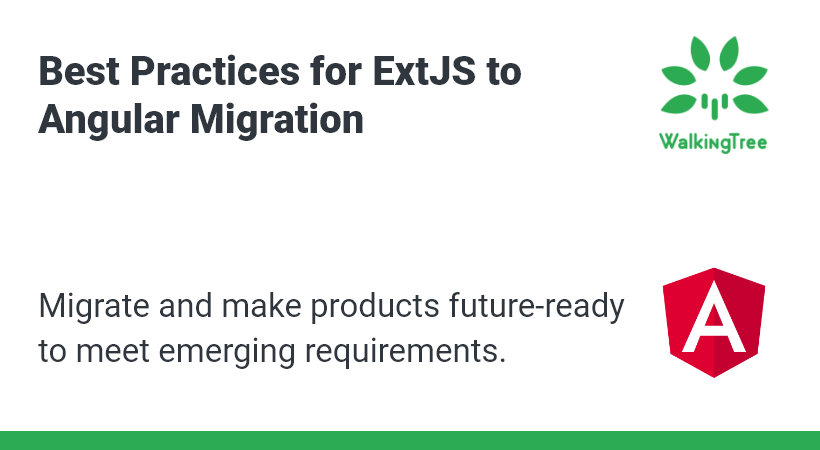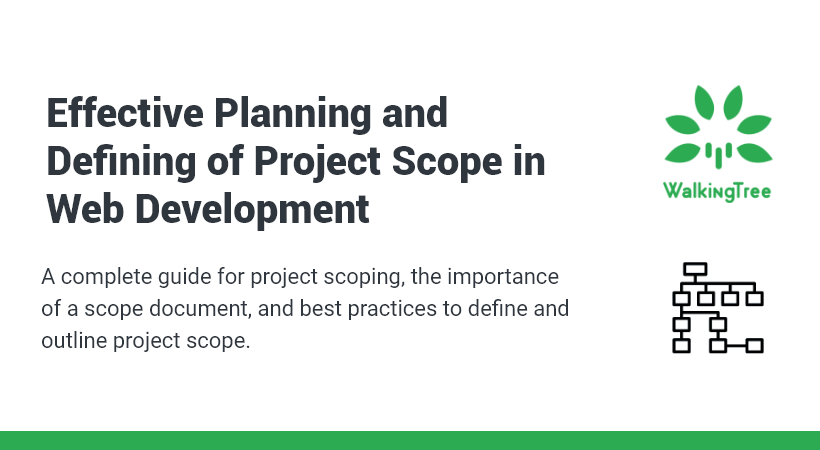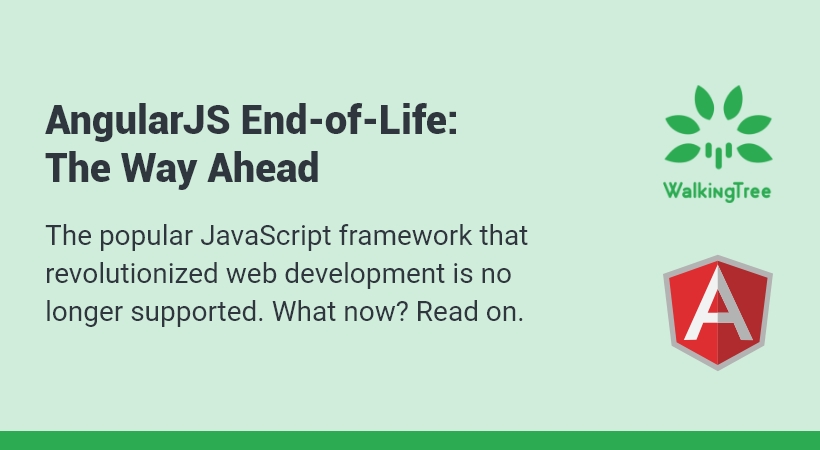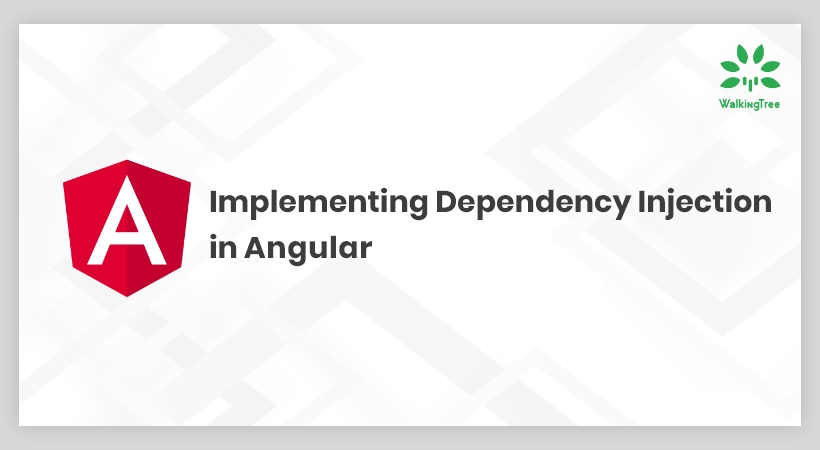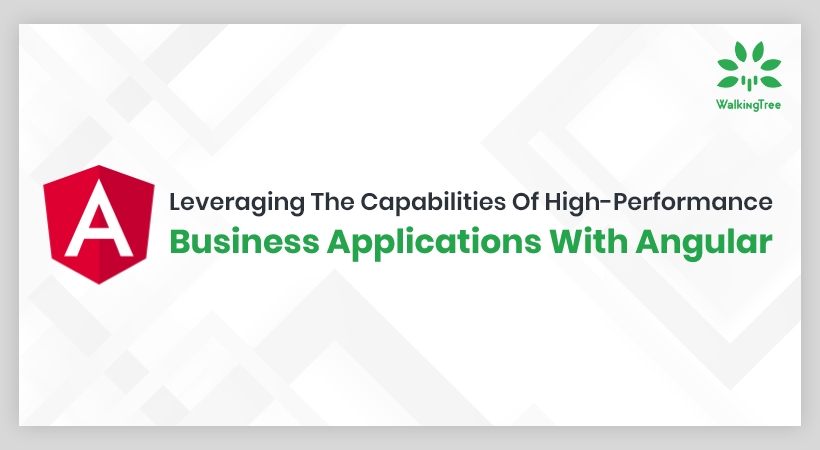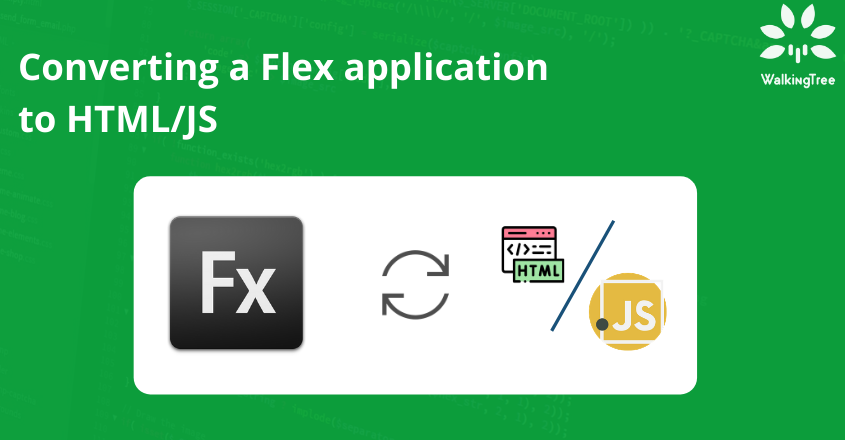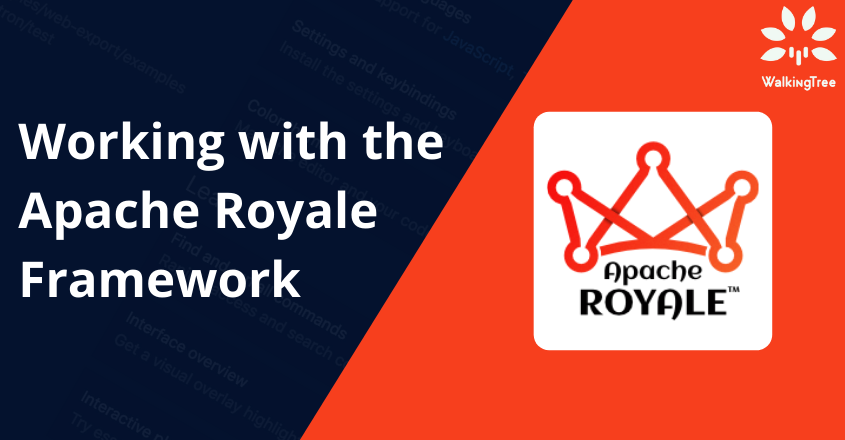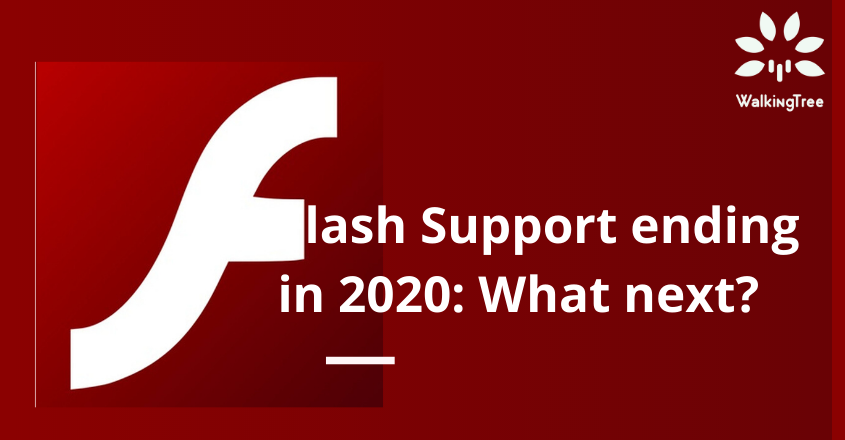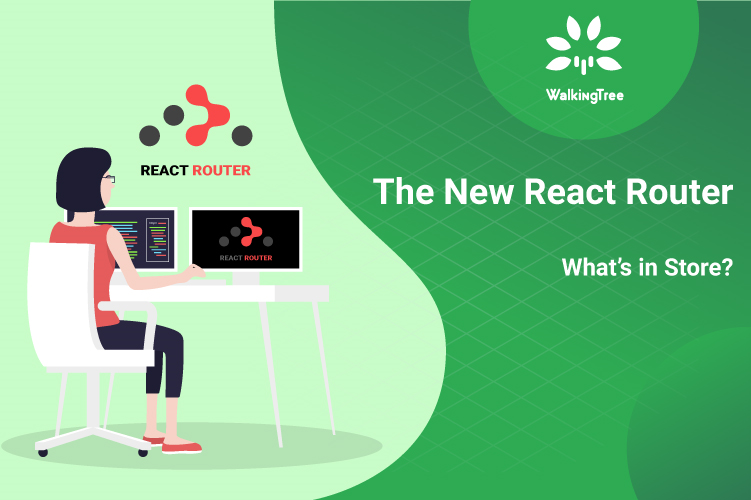
Blogs
Javascript Frameworks that We Use and Recommend
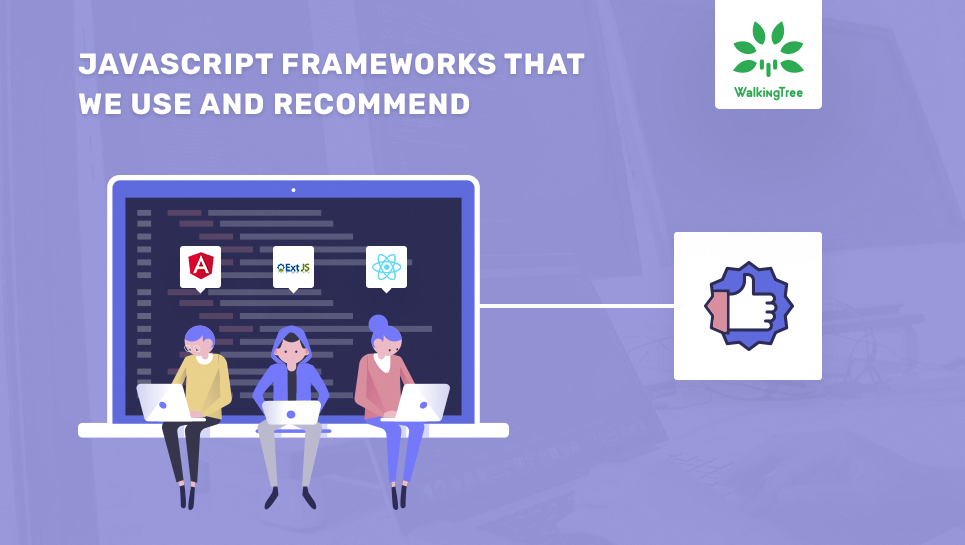

There is a favourite quote among social scientists that says, “It takes a village to raise a child”. What this means that a child learns from every interaction and its progress depends upon the support it gets from its environment. I am not a social scientist, but a software developer. Surprisingly, the same is true for software development. Using the right framework and foundational tools that command wide acceptance in the industry, helps to get support, guidance and resources, thereby reducing the risk of rework and unsupported components. Hence, for organizations involved in application development using Javascript frameworks, it is critical to be aware of the usage and popularity landscape of the multiple options available. Now is that time of the year when we get to evaluate for Javascript frameworks, what is going to be hot and what is going be not in 2019.
Having many open source options for Javascript, the landscape becomes murkier and hence more critical. Since there are numerous options and almost every framework has some advantage over the others, it becomes vital to know the criteria for evaluating them and accordingly make the right decision.
Once we have the right criteria in place, it becomes logical to decide which framework or combination of a framework, tools, and libraries will be suitable for a given application. In the following article, the Sitepoint team has done a great job in putting the criteria and listing out their views:
https://www.sitepoint.com/top-javascript-frameworks-libraries-tools-use/
There is no framework or library, which will perfectly fit your need. Hence, you choose one which meets your need as closely as possible and sticks with it for a while!
At Walking Tree, we follow this philosophy and help customers with a reason for our technology stack recommendation. We seek their input and review our proposal, which eventually helps the customer to finalize a technology stack, which they can stick with for their applications.
While selecting the front-end technologies, we guide our customers using the following features
- Difference Between a Framework and a Library
- Development Process and Tool’s alignment (for wireframe, prototype, development, theming, build, debugging, deployment, code minification, compressions, test automation, code coverage, etc.) with the selected framework/library
- Active Community and the number of developers involved
- Availability of commercial support
- Training Availability and Product Documentation
- Previous background of the people who are going to learn the technology
- Size of the Project and intended duration of its usage
- Browser support desired
- Licensing Terms and Pricing
- Data Access and Data Management Needs
- Accessibility, Internationalization and other usability aspects
Based on the above criteria and our own experience with customers in the last 2-years, we have seen our enterprise customers adopting the UI development frameworks in the following order
We occasionally get an inquiry for Vue.js, but we are yet to see a lot of push for this. While comparatively, React.js looks more straightforward to learn, there are excellent training courses available for Angular and Ext JS. Sencha has multiple training courses on this topic to help people make effective use of the framework. By being a Sencha training partner in India, we have helped hundreds of developers in making effective use of Ext JS.
Overall, the web and mobile application development space continue to stay exciting. Every year the opportunity pool seems to be expanding. We are eagerly looking forward to the next year where we would love to build many more cross-platform applications aimed at phenomenal user experience.


